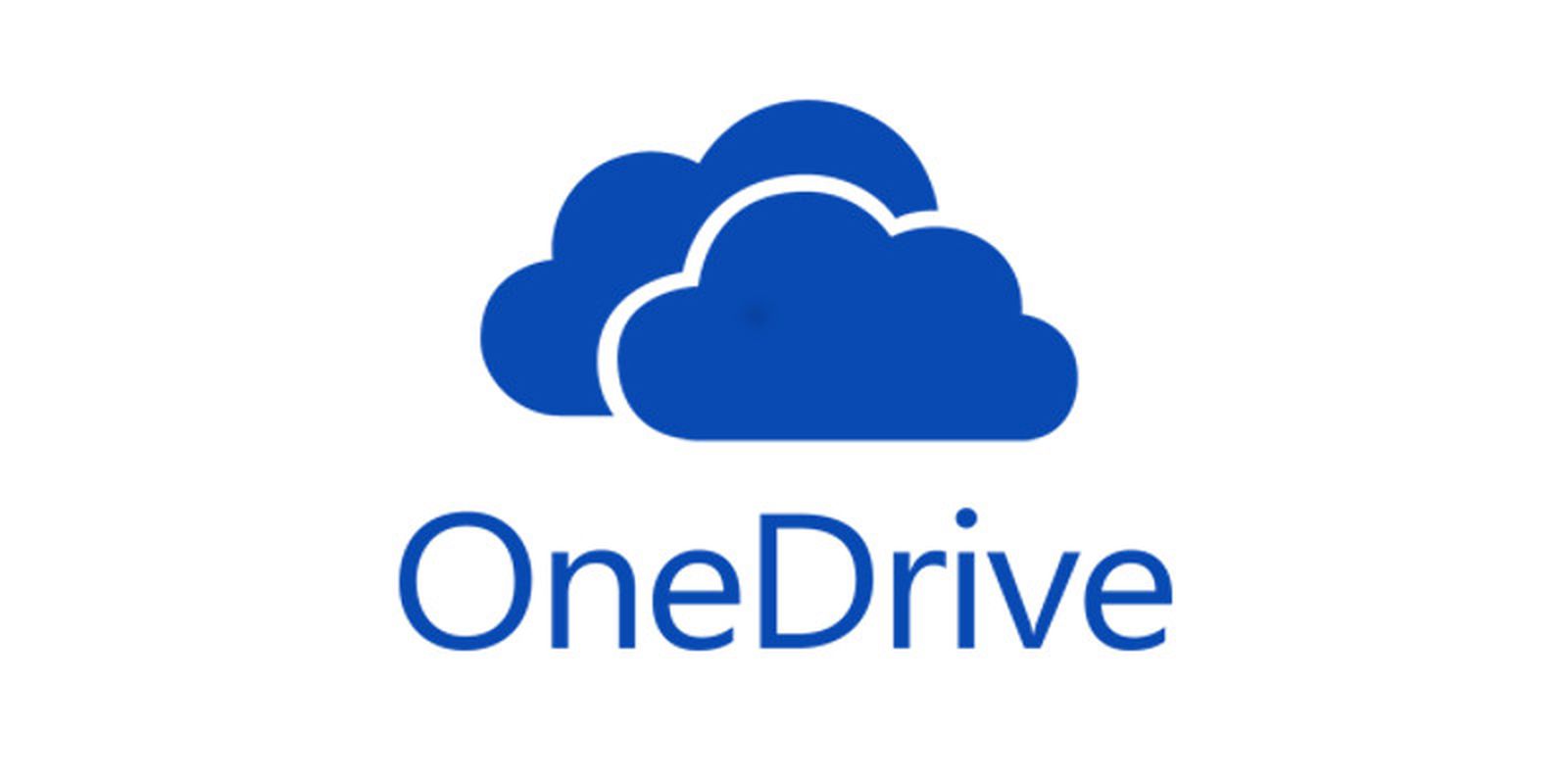
Personal data, also referred to as PII (personally identifiable information) is any piece of data or information that can be used to identify a person. A few examples of personal data are: identification names/numbers, IP addresses and cookies, client records, call recordings, and biometric data. GDPR rules regarding the use of personal data are based on the fundamental principles of lawfulness, fairness, transparency, accuracy and accountability. When a person participates in any transaction where they provide, knowingly or unknowingly, personal information, such as visiting a website or making a financial transaction, GDPR governs how that data can be used, where it can go, and how it needs to be protected.
GDPR compliance demonstrates to regulators, customers and partners that your organization is a responsible steward of personal data, helping to establish the trustworthiness of your brand. Other benefits of GDPR include enhanced business continuity due to having reliable recovery practices in place. In addition to the effective use of data due to the ability to find, process, protect and secure data in an efficient and scalable manner. Data migration can be enhanced by having efficient backup and recovery policies.
Fines for GDPR noncompliance can be steep. Organizations can face fines of up to 20 million euros or 4% of global annual turnover, whichever is higher. In 2021, GDPR regulators fined Amazon $805 million for using targeted advertising without consumer consent. Meta has also incurred several fines, including in 2023, when regulators fined Meta a record $1.3 billion for transferring personal information across borders without adequate data protection.
GDPR and Pentesting
GDPR mandates that personal data must be processed and stored securely, with Article 32 specifying organizations to implement measures to ensure data security. This includes regular testing, assessing, and evaluating the effectiveness of organizational security measures. Although GDPR does not explicitly mandate pentesting to achieve compliance, pentesting is an essential practice for achieving compliance, as it thoroughly evaluates the effectiveness of security measures protecting personal data.
Vulnerability scanning and automated security assessments are helpful in demonstrating GDPR data accountability compliance, but they don’t satisfy the requirement alone. These automated tools can identify known vulnerabilities and evaluate administrative controls, but they fall short in testing the robustness of technical measures to protect personal data. Regularly scheduled pentesting, particularly when conducted manually by certified security professionals or ethical hackers, is crucial for fulfilling the data accountability requirements under GDPR.
Pentesting provides valuable insights into your organization by detecting weaknesses and vulnerabilities in your digital infrastructure and security policies. By simulating cyberattacks on your systems, pentesting aligns with GDPR principles of safeguarding data and mitigating risk. Detailed reports from pentesting rank and rate vulnerabilities, enabling organizations to prioritize and address the most significant risks first. Organizations should engage in pentesting at least annually, or following significant IT changes in their environments, using qualified third-party security companies that are well-versed in GDPR requirements.
Failing to regularly pentest your systems will act as a clear sign to regulators that security is not being taken seriously. Organizations that fail to meet their Article 32 requirements, even without experiencing data breaches, could face hefty fines and enforcement actions. By conducting regular pentesting, organizations can demonstrate their commitment to data accountability and security, providing the best cybersecurity safeguards while also satisfying GDPR requirements.
Meet GDPR Compliance with HackerOne Pentest
HackerOne Pentest enhances GDPR compliance with a detailed, methodology-driven approach tailored to safeguard personal data effectively. Our Pentest as a Service (PTaaS) model aligns with GDPR’s stringent data protection mandates to ensure thorough and ongoing security assessments.
By integrating HackerOne Pentest into your GDPR compliance strategy, your organization not only upholds the required data protection standards but also demonstrates a proactive, committed approach to data security that can significantly reduce the risk of penalties and enhance your organization’s credibility with regulators. Our pentesting services for GDPR compliance encompass:
- Focused Security Testing: We leverage the OWASP Top 10 and CREST guidelines to conduct targeted pentesting that addresses GDPR security requirements. This focused approach ensures all organizational security measures are robust and effective against potential breaches.
- Skilled and Certified Security Professionals: HackerOne connects you to a certified network of security professionals skilled in advanced pentesting techniques and well-versed in OWASP standards. This expertise ensures that your security measures are evaluated against OWASP controls, which are considered best practices for GDPR-compliant pentests.
- Comprehensive Pentest Deliverables: Each engagement with HackerOne Pentest culminates in a detailed report, which serves as documented evidence of your GDPR compliance efforts. This report includes vulnerability assessments, remediation paths, and a Letter of Attestation that certifies the scope and integrity of the pentest.
- Strategic Security Recommendations: Beyond immediate threat mitigation, our service offers strategic recommendations for continuous security enhancements. These suggestions are designed to support the ‘privacy by design’ and ‘privacy by default’ principles of GDPR, helping to strengthen long-term compliance and data protection.
- Programmatic Testing: Our programmatic testing approach ensures that pentesting is not just a one-time event but rather a continuous process, aligning perfectly with the ongoing compliance and security demands of GDPR. This regularity allows for timely detection and remediation of vulnerabilities, keeping your defenses updated and compliant.
To learn more about how to use pentesting to address GDPR compliance, contact the experts at HackerOne today.




